Best Portable Color Doppler Ultrasound Machine for OB/GYN
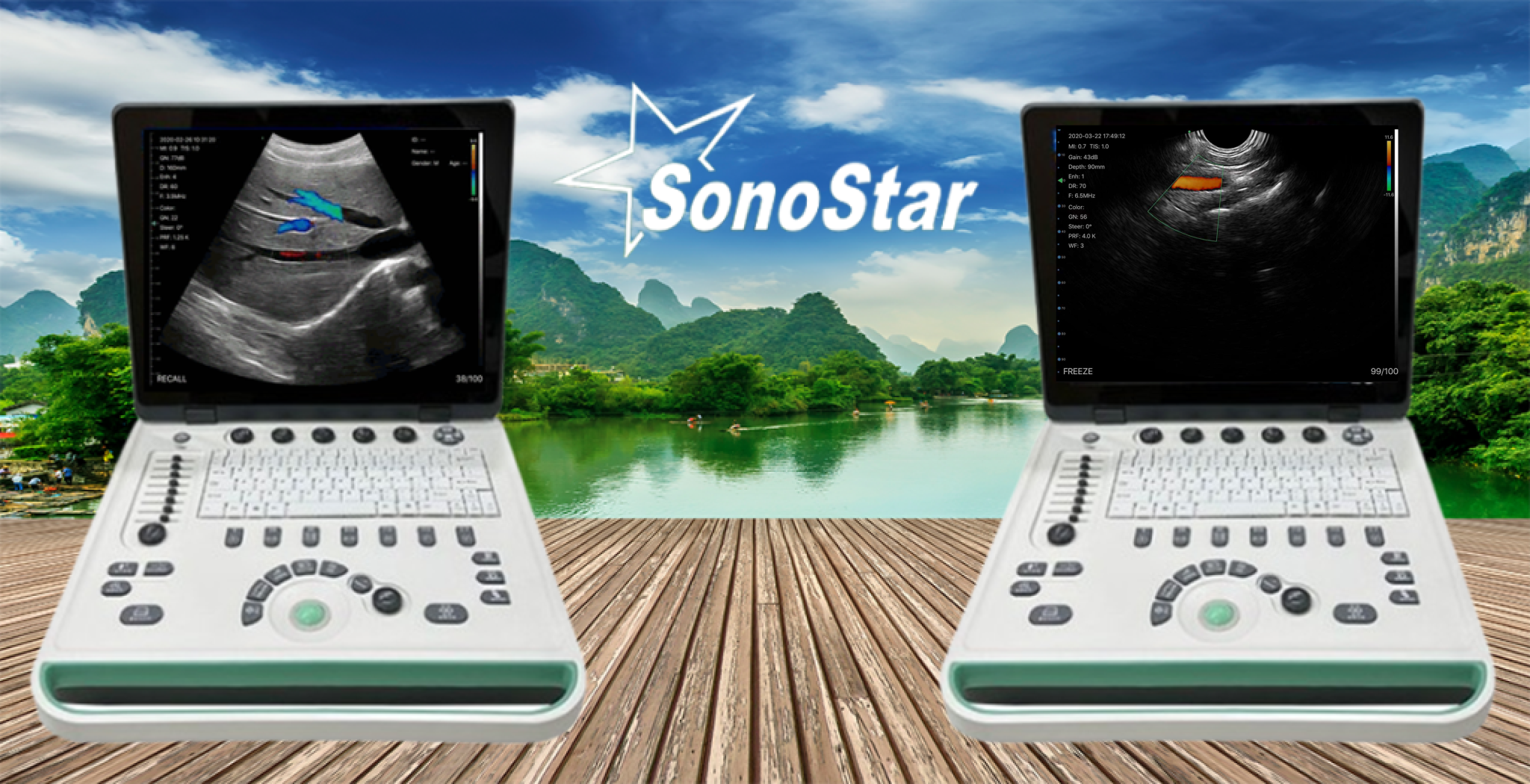
USA


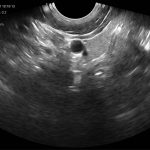
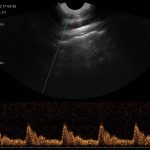
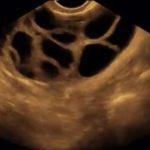
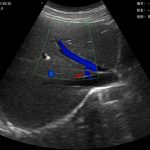
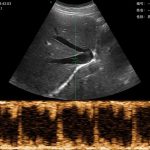
Specification
20 Applications of Portable Ultrasound in OB/GYN
Portable ultrasound has become a critical tool in obstetrics and gynecology, enabling real-time imaging for diagnosis and monitoring. Here are 20 applications each for obstetrics and gynecology:
20 Applications in Obstetrics (OB)
-
Early Pregnancy Confirmation
- Detects gestational sac and confirms viability.
-
Ectopic Pregnancy Diagnosis
- Identifies pregnancies outside the uterus.
-
Determination of Gestational Age
- Assesses fetal age via crown-rump length or femur length.
-
Multiple Pregnancy Detection
- Diagnoses twins or higher-order gestations.
-
Placental Localization
- Identifies placenta previa or abruption.
-
Fetal Growth Monitoring
- Detects growth restriction or macrosomia.
-
Amniotic Fluid Volume Measurement
- Evaluates for oligohydramnios or polyhydramnios.
-
Fetal Anomaly Screening
- Detects structural abnormalities.
-
Fetal Position Determination
- Assesses for breech or transverse lie.
-
Cervical Length Measurement
- Predicts risk of preterm labor.
-
Guidance for Invasive Procedures
- Assists with amniocentesis or chorionic villus sampling.
-
Fetal Doppler Studies
- Monitors umbilical artery and fetal heart blood flow.
-
Labor Progress Evaluation
- Assesses fetal descent and station.
-
Preterm Labor Diagnosis
- Monitors uterine contractions and cervical changes.
-
Biophysical Profile (BPP)
- Combines ultrasound and fetal monitoring.
-
Detection of Fetal Demise
- Confirms intrauterine death.
-
Management of High-Risk Pregnancies
- Tracks complications like preeclampsia or diabetes.
-
Fetal Movement Assessment
- Identifies reduced or absent movements.
-
Nuchal Translucency Screening
- Screens for chromosomal abnormalities.
-
Intrapartum Monitoring
- Assists in operative delivery decisions.
20 Applications in Gynecology (GYN)
-
Evaluation of Pelvic Pain
- Identifies ovarian cysts, torsion, or pelvic inflammatory disease.
-
Diagnosis of Fibroids
- Detects and measures uterine leiomyomas.
-
Endometrial Assessment
- Evaluates thickness for hyperplasia or malignancy.
-
Detection of Ovarian Cysts
- Distinguishes between simple and complex cysts.
-
Ectopic Pregnancy Exclusion
- Confirms absence of intrauterine pregnancy.
-
Postmenopausal Bleeding Investigation
- Evaluates for endometrial pathology.
-
Polycystic Ovary Syndrome (PCOS) Diagnosis
- Identifies ovarian morphology.
-
Assessment of Uterine Anomalies
- Detects congenital anomalies like bicornuate uterus.
-
IUD Localization
- Confirms proper placement or dislocation.
-
Evaluation of Infertility
- Monitors ovarian follicles and ovulation.
-
Guidance for Oocyte Retrieval
- Assists in IVF procedures.
-
Assessment of Adnexal Masses
- Differentiates benign from malignant tumors.
-
Hydrosalpinx Detection
- Identifies blocked fallopian tubes.
-
Chronic Pelvic Pain Investigation
- Identifies endometriosis or pelvic adhesions.
-
Assessment for Pelvic Congestion Syndrome
- Visualizes dilated pelvic veins.
-
Preoperative Planning
- Maps pathology before surgery.
-
Postoperative Monitoring
- Evaluates healing and complication risks.
-
Cervical Cancer Evaluation
- Assesses for invasive lesions.
-
Abnormal Uterine Bleeding
- Investigates structural causes.
-
Guidance for Biopsies
- Assists with targeted sampling.
Portable ultrasounds provide critical support for clinicians, improving diagnostic precision and patient outcomes in both obstetrics and gynecology
